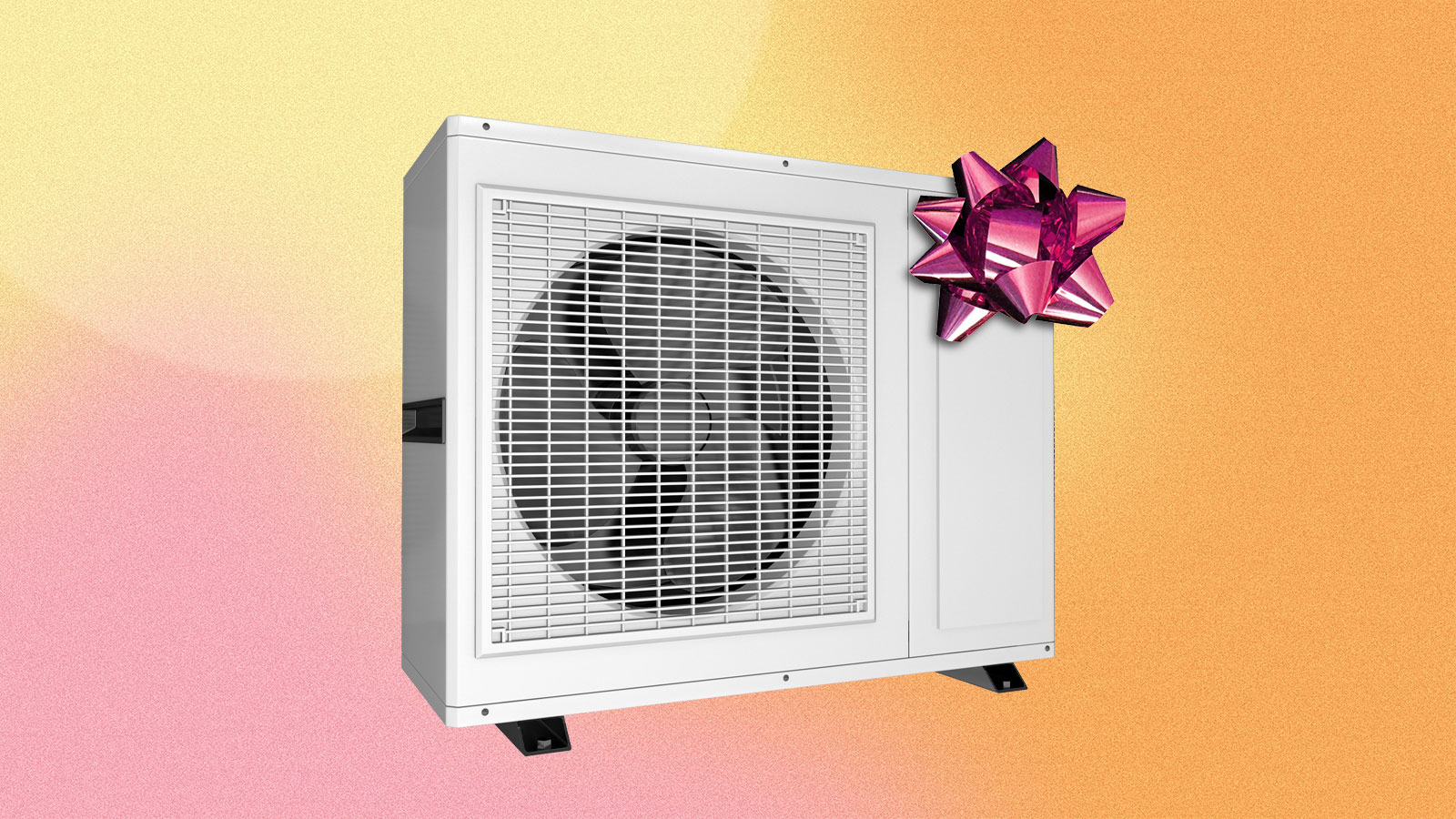deleted by creator
They also don’t work in many parts of the country without a secondary source of heat.
When it goes below zero. Mine stops working. I found it baffling but the hvac guy explained it in email.
I left a comment deeper, but here’s a link for those that didn’t see: https://learnmetrics.com/best-heat-pumps-for-cold-climates/
Heat pumps can go way below 0, you probably just don’t have a very good/new one.
While there are many without a new heat pump, that wont be true over the next 10-20 years as people have to replace their aging units.
Mine is about 4 years old. That’s when the house was built
So like I said- builder grade. If you had a company come in to install a system, you can pick from many options and features, like multi stage pumps, variable speed fans, etc. the base models from these companies are “builder grade” because it’s basically the cheapest model they can install in 100 houses they’re building. You can look up your system specs online and also see what other similar models are in the product line. You dont need the most expensive system to have good cold weather performance, but you may not get it on the cheapest model.
Must be a shit model then 🤷
deleted by creator
Ac summer. Heating winter.
I never knew about the limitation but the hvac guy was right. Once it went over 0. The heat kicked back on. We rarely get below zero here and that’s why they don’t installed the secondary heat source.
If it’s that specific that it happens at an exact temperature, it sounds like an intentional “fuck you” switch on that model disabling it and not an actual physical limitation.
That’s the lock out temp, you probably have a cheaper/builder-grade heat pump.
deleted by creator
You can Google it. It’s a pretty well documented and know limitation of the system
I googled the shit out of it because I didn’t know my system was a heat pump and it sounded like bullshit.
Didn’t have heat for four days.
https://youtu.be/7J52mDjZzto?si=Zq54ETQmcchD37uc
This guy does a great job explaining how they work and the temperature issue you have
Can’t believe it took this long for someone to pull out the @TechConnectify@mas.to link.
deleted by creator
We have a very mild climate historically. The last few years the summer have been really hot but the winters aren’t to bad. They don’t plow or salt the roads in the winter. When it snows and ices, the town just shuts down. It’s really weird to me having lived elsewhere.
How about we tax billionaires enough so that the government can train thousands of people to be heat pump technicians and potentially own their own trades business, and then also pay to buy and install them?
How about we tax multi millionaires enough that billionaires don’t exist?
The answer:
Everyone would have heat pumps.
This is a genuine economics question, but would these kinds of things ever even work? In the sense that, billionaires hold a lot of money, yes, but they never use a vast majority of it. That effectively means that money doesn’t exist. Just pumping money into something doesn’t create people and resources out of which you can create products.
If we were to redistribute wealth equally, how much would that actually help people (other than land and housing since that would definitely help enormously)? Sure some of the production capacity would stop going to producing some of the extremely expensive and resource intensive products such as yachts and the like, but it’s not like rich people are buying 100s of ACs just for themselves. Shifting all of that production capacity to other goods I don’t feel like is going to lead to that many more consumer products for regular people.
My point (and my actual question/thought) is that it would definitely help a lot of people a lot, but I feel like by how much is overstated, and I feel like the percentage of wealth that the 1% holds doesn’t really matter as much as how the wealth in the rest of society is distributed (i.e. if the 1% were twice as rich but the other 99% had their wealth equally distributed, then that would almost be the same as if all of society had its wealth distributed equally)
Edit: Just to clarify, I’m not focusing on the part about whether it’s okay or moral for there to be people that are so much richer, I’m just talking about the practical consequences.
It’s expensive to get them installed. Instead of ducts running all over your house, the refrigerant line has to run from the outside section to the inside section. It costs as much to get one of these as a normal central air system because it’s also complicated. Heat pumps are more efficient in certain situations so that’s the tradeoff.
Central heat pumps are a thing. You are thinking of mini split systems.
Even if we are talking about mini splits, they’re not hard to install. Any adult with a drill can do it.
deleted by creator
Mini splits come in air source systems, and can be quite efficient.









